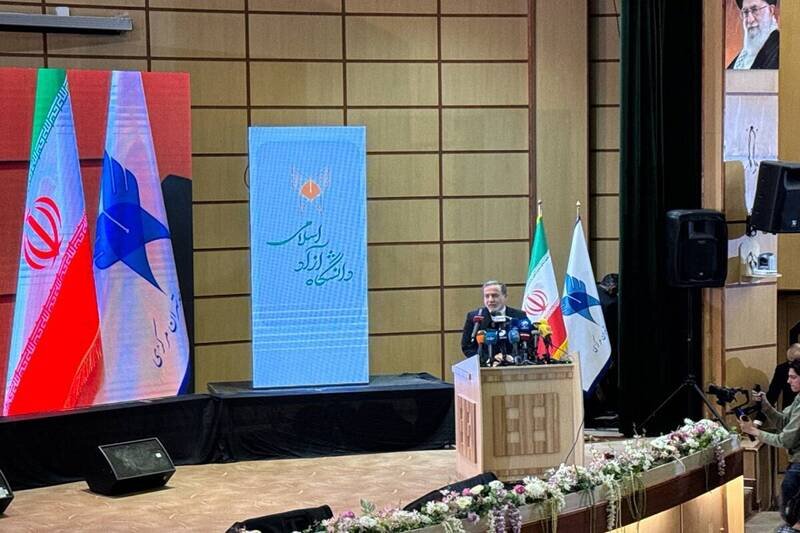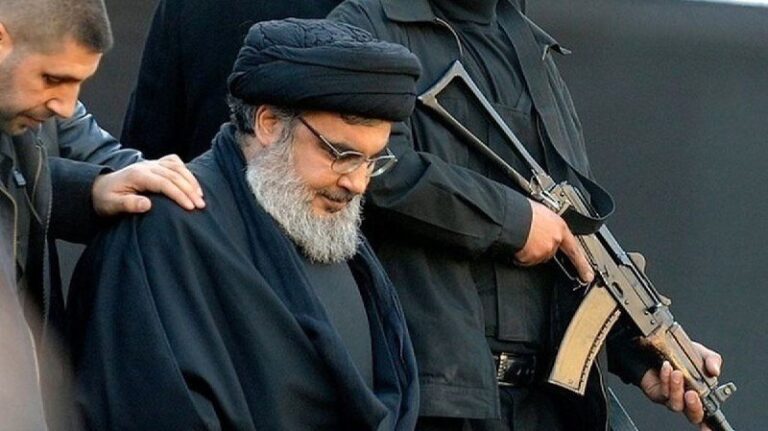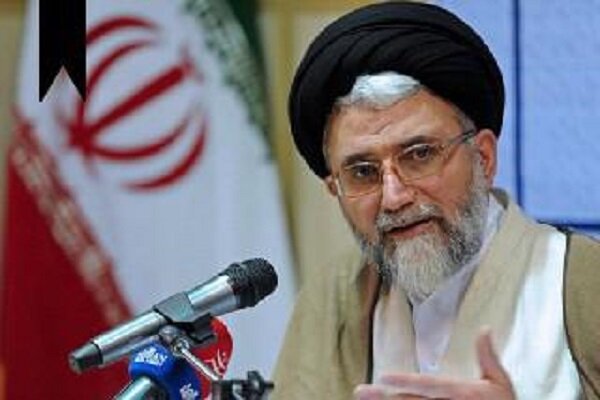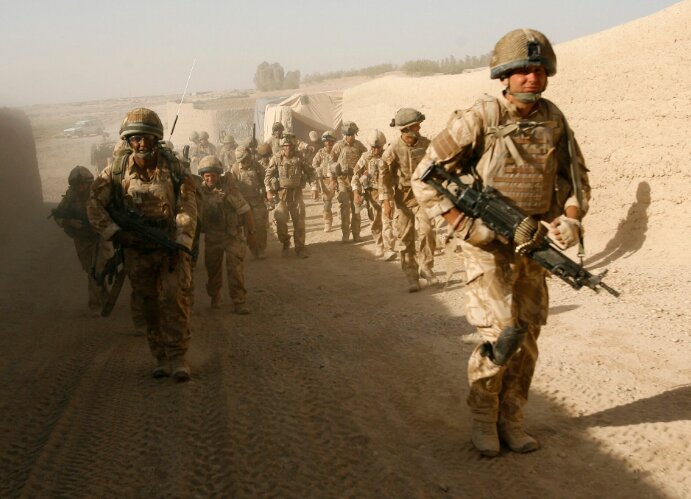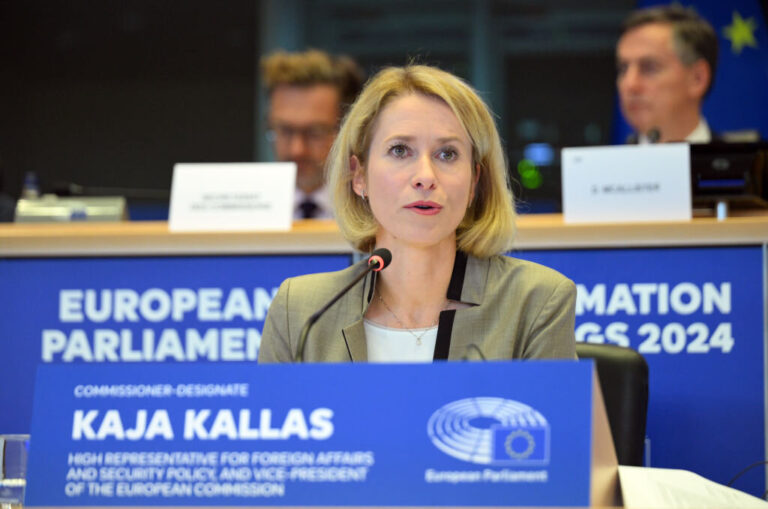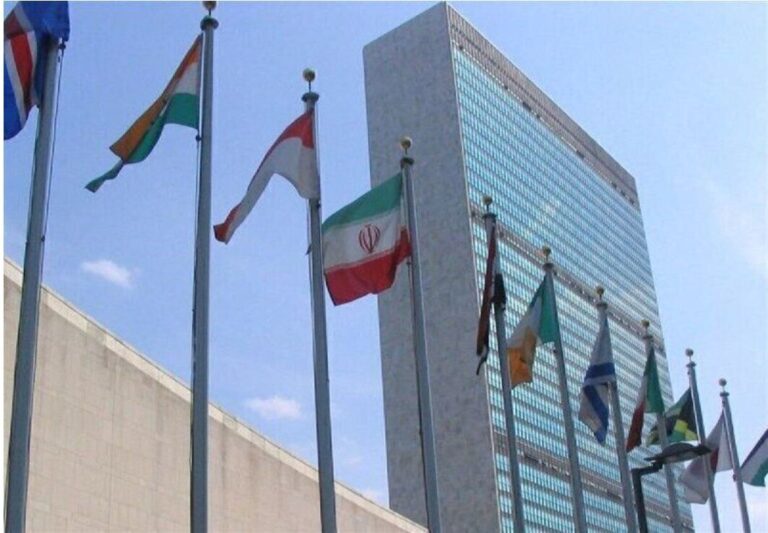Iran FM: Israeli Aggression in Gaza Yields No Gains for Regime
In a recent address at the closing ceremony of the Conference titled “Al-Aqsa Storm and Gaza, Realities and Narratives” held in Tehran, Iran’s Deputy Foreign Minister Abbas Araghchi emphasized the critical relationship between warfare and diplomacy. His insights shed light on the significant developments in the ongoing conflict in Gaza, highlighting the intertwined nature of military actions and diplomatic efforts.
Araghchi began his speech by congratulating attendees on the 46th anniversary of the Islamic Revolution of Iran. He took this opportunity to honor the sacrifices made by the martyrs of the Islamic Revolution, as well as those who have fought for the Resistance Movement in Gaza, Lebanon, and Yemen. He stated, “I am of the opinion that the battlefield and diplomacy are two integral parts and are not separated from each other.”
He emphasized the role diplomacy plays in leveraging battlefield successes to enhance national pride and prestige. According to Araghchi, “The battlefield, diplomacy, and media should move in tandem with one another,” illustrating the necessity of a cohesive strategy in international relations.
During his remarks, Araghchi also focused on the Al-Aqsa Storm Operation, asserting that the Israeli regime failed to achieve any significant victories during this operation. He stated that the Resistance Movement emerged as a powerful force on the battlefield, marking a pivotal moment for Palestinian resistance.
“Today, the criminal Israeli regime suffered a heavy defeat in Al-Aqsa Storm Operation and this is a great victory for the Palestinians,” he underlined, highlighting the shifting dynamics in the region.
Araghchi pointed out that the Zionist regime was compelled to engage in negotiations with Hamas, the Palestinian Islamic Resistance Movement, after enduring 16 months of what he described as “brutal killing and massacring of innocent Palestinians.” This change in approach, according to him, reflects the growing pressure on Israel in the international arena.
Another significant point made by Araghchi was the declaration of Israeli Prime Minister Benjamin Netanyahu as a war criminal by the International Criminal Court (ICC). This statement marks a crucial moment in international law and the ongoing discussions surrounding accountability for actions taken during the conflict.
- Key Points from Araghchi’s Address:
- Emphasis on the interconnectedness of battlefield and diplomacy.
- Recognition of the sacrifices made by martyrs of the Islamic Revolution and Resistance Movement.
- Highlighting the failure of the Israeli regime in the Al-Aqsa Storm Operation.
- Pressure on Israel leading to negotiations with Hamas.
- ICC’s declaration of Netanyahu as a war criminal.
Araghchi’s statements reflect a broader sentiment within Iran regarding the ongoing conflict in Gaza. The interplay of military success and diplomatic strategy is viewed as essential for enhancing the position of the Palestinian cause on the global stage.
As the situation continues to evolve, it remains crucial for observers and analysts to understand the implications of this interdependence. The Iranian leadership’s perspective on the conflict is shaped not only by military outcomes but also by the narratives constructed through diplomatic channels.
In conclusion, the insights provided by Araghchi during the conference underscore the importance of a unified approach towards addressing the complexities of the Israeli-Palestinian conflict. The recognition of battlefield achievements as a means to bolster diplomatic efforts is a strategy that Iran appears committed to pursuing in the future.
As developments unfold, the international community will be watching closely to see how these dynamics play out and what impact they may have on peace efforts in the region.
